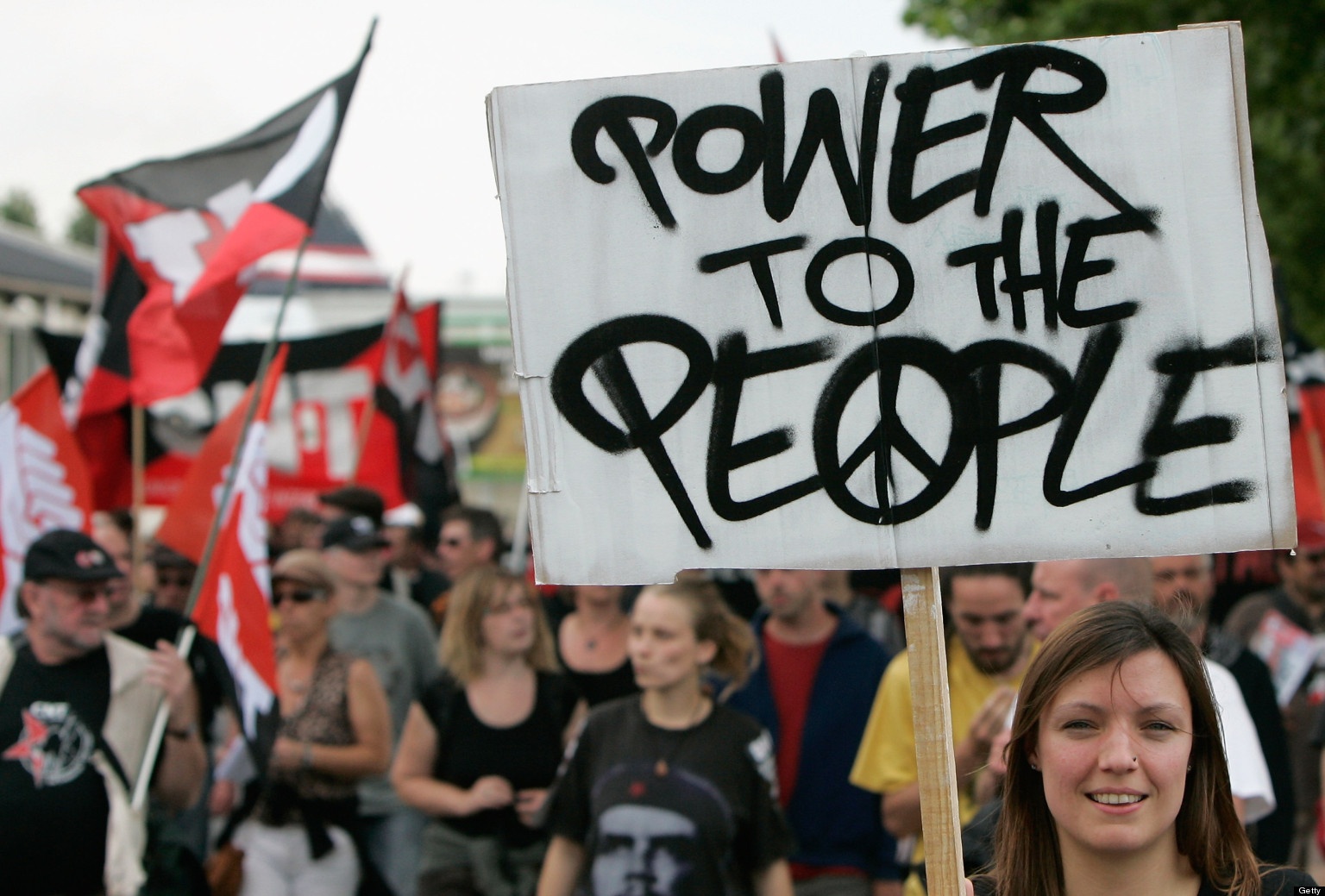How the German Foreign Ministry used Synthetron to learn about the perception of Germany’s foreign policy in a new and modern way.
“Within the IT-architecture of the Foreign Office, the crowdsourcing approach offered a new, modern approach from which we learned a lot.” — Dr. Thomas Bagger, former head of Planning Staff, German Foreign Office
Situation
In November 2013, the German Foreign Minister, Frank-Walter Steinmeier, launched a “What goes wrong?” reflection on Germany’s foreign policy. As part of the 2014 review process, the aim was to consider what aspects of the foreign policy needed to be changed.
Approach
Synthetron came into play in order to complement external expertise with the internal knowledge of the central staff in Berlin and their colleagues in embassies around the world.
Starting in November 2014, we ran four 75-minute discussions, each spotlighting different aspects of cultural and procedural issues. Three concentrated on culture, creativity and organisation. One focused especially on how to handle European policy in the light of the newly established European External Action Service.
Around 350 participants exchanged nearly 3,250 ideas.
The analytical work was done in four steps:
- An immediate response converting significant raw data from each discussion into a readable layout
- An in-depth analysis for each the 3 discussions focusing on culture, creativity and organisation
- An additional analysis on European Policy issues
- An analysis of attitudes shown via language patterns.
Results
We reported back on the following:
- What participants expect as an appropriate internal culture and how they would react to it (shown as well in segments differing between central and embassy staff)
- Top actions required to achieve the desired culture
- Which parameters need to be reflected in the course of achieving progress
- What suitable communication could help to bridge gaps in a consistent way.
“The Synthetron online debates were an important integrative element amongst the various formats of people involvement in the “Review2014” Process. It was only with the assistance of this methodology that we could offer the chance to take part in the process to colleagues from all over the world in a very short time. The technical potential of your product as well as the manifold options for evaluating the data were a big gain for us. We were also impressed by the quick analysis of the underlying patterns of the participants on the basis of the structure of the language they used.
I realised that an efficient cooperation between your specialists and my team is indispensable in order to coordinate the Synthetron expertise with the knowledge of the processes and specials of the Foreign Office and to make use of them in a most efficient way. This was a success.” — Dr. Thomas Bagger, former head of Planning Staff (now Director of Foreign Policy for the office of the German President)
Read the article about this project in the Economist
Or download the full case by clicking “download file” below.





